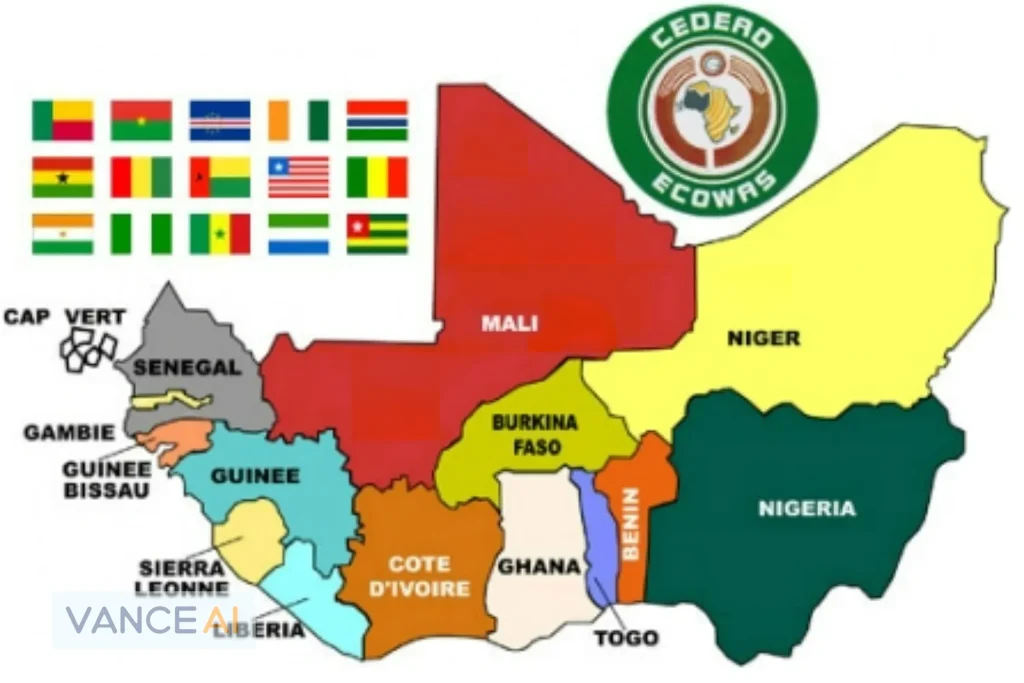Tunisia is considering borrowing billions from its central bank to address significant budget deficits and tackle its ongoing economic crisis. Experts warn that this move could lead to inflation and damage public confidence in financial institutions.
In a recent closed-door meeting, the parliament’s finance committee discussed President Kais Saied’s request for the funds. This comes after changes were made to laws meant to protect the bank’s independence. Critics note that Saied has taken steps to weaken various institutions since taking office, including suspending parliament and rewriting the constitution.
The government aims to have the central bank purchase up to 7 billion Tunisian dinars (about $2.25 billion) in interest-free bonds to help cover a budget deficit of 10 billion dinars (approximately $3.2 billion). However, in a country already facing inflation and shortages of basic goods, there are concerns about the implications for the bank’s independence and the potential impact on foreign investors.
This request comes as Tunisia struggles to secure loans from traditional lenders like the International Monetary Fund (IMF), with a proposed $1.9 billion bailout currently stalled. While the IMF has noted that buying securities can be part of monetary policy, it warns that central banks should not be used to finance government spending.
Economist Aram Belhadj cautioned that allowing the central bank to fund the government’s budget could carry significant risks, including inflation and strained relationships with international partners.
Although borrowing from the central bank might temporarily support the budget and maintain subsidies for essential goods, analysts warn that it could further undermine trust in the currency, especially given recent shortages of basic items like bread.
Fitch Ratings has kept Tunisia’s credit rating at CCC-, indicating concerns about the country’s debt situation and risk of default. The agency has also warned that allowing the central bank to directly finance government activities could harm its credibility and increase inflationary pressures.
As Tunisia approaches presidential elections, negotiations with the IMF remain stalled, largely due to Saied’s unwillingness to cut subsidies or public sector wages. He has criticized the IMF’s suggested reforms, viewing them as imposed by foreign powers, and recently dismissed his finance minister, who supported these reforms.
Analysts like Raouf Ben Hedi have pointed out that political pressures during election periods can lead to policies that may worsen the economic situation, potentially pushing the country into a recession.























